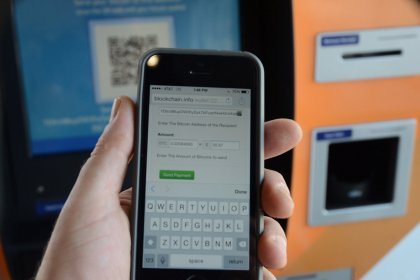If passed, the bill would provide tax exemption for small payments in digital currency, thus incentivizing people to use cryptocurrency for day-to-day purchases.
According to the current tax legislation, for any small payment made with digital currency people have to pay taxes as it is considered a capital gain. This creates a huge problem for cryptocurrency holders, making them worry about taxes and possible penalties.
The new bill, proposed by US lawmakers on Thursday, is expected to solve the issue. Called “The CryptoCurrency Tax Fairness Act”, the document was developed by the members of the House of Representatives, Jared Polis and David Schweikert.
Under the proposed legislation, users of the digital currency will be able to make purchases under $600 without paying taxes. If the bill is passed by the House and Senate and signed by US president, the tax exemption would become effective on December 31.
“Individuals all over the world are starting to use cryptocurrencies for small every day transactions, yet here in the States we have fallen behind and make cryptocurrency use more of a challenge than it needs to be,” Schweikert said in a statement.
“To keep up with modern technology, we need to remove outdated restrictions on cryptocurrencies, like Bitcoin, and other methods of digital payment,” Polis stated. “By cutting red tape and eliminating onerous reporting requirements, it will allow cryptocurrencies to further benefit consumers and help create good jobs.”
The new law also urges the US Treasury Department to prepare guidelines for declaring profits and losses in cryptocurrency, as the process is now too complicated. The bill will create tax rules similar to those applied for foreign currencies and will relieve bitcoin holders from the necessity to track all their transactions.
“While Bitcoin and other cryptocurrencies are technologically innovative payment methods, today you have to keep track of and report every transaction you make using them, whether it’s a $10,000 investment trade or whether you’re buying a 99¢ song online or a latte at a café. This obviously creates friction and puts cryptocurrencies at a disadvantage relative to other digital payment methods,” said Jerry Brito, executive director of CoinCenter, which helped to prepare the bill.
The Internal Revenue Service (IRS) is constantly looking for bitcoin holders who are not reporting their payments. According to the agency, in 2015 only 802 people declared their cryptocurrency-related capital gains or losses.
The IRS has been in an ongoing legal battle against the US largest bitcoin exchange Coinbase, which last year refused to provide detailed information about its customers’ accounts. Initially, the IRS asked a lot of data, including account holdings, bank wire transfers PayPal transfers, IP addresses, and even correspondence with the company’s representatives.
Although the feud is still going on, the IRS narrowed its requests to accounts with more than $20,000 in transactions.
next